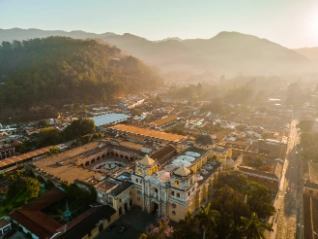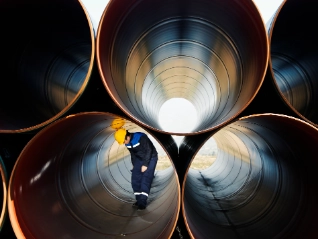Atradius Atrium
Ny kundeportal som gir deg direkte tilgang til poliseinformasjon, kredittgrenseverktøy, i tillegg til Atradius Insights og Atrium.
 Norge
Norge








Last inn mer
Visning 7 ut av 143